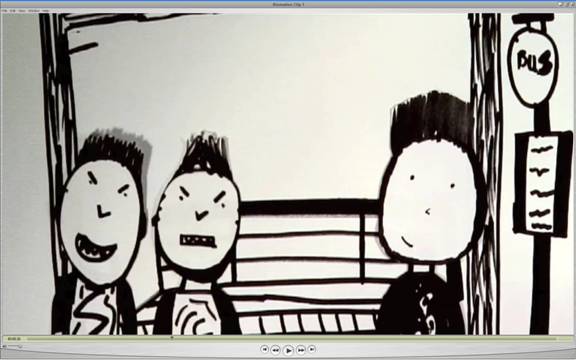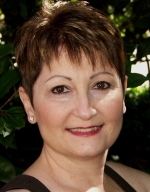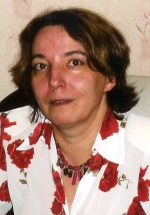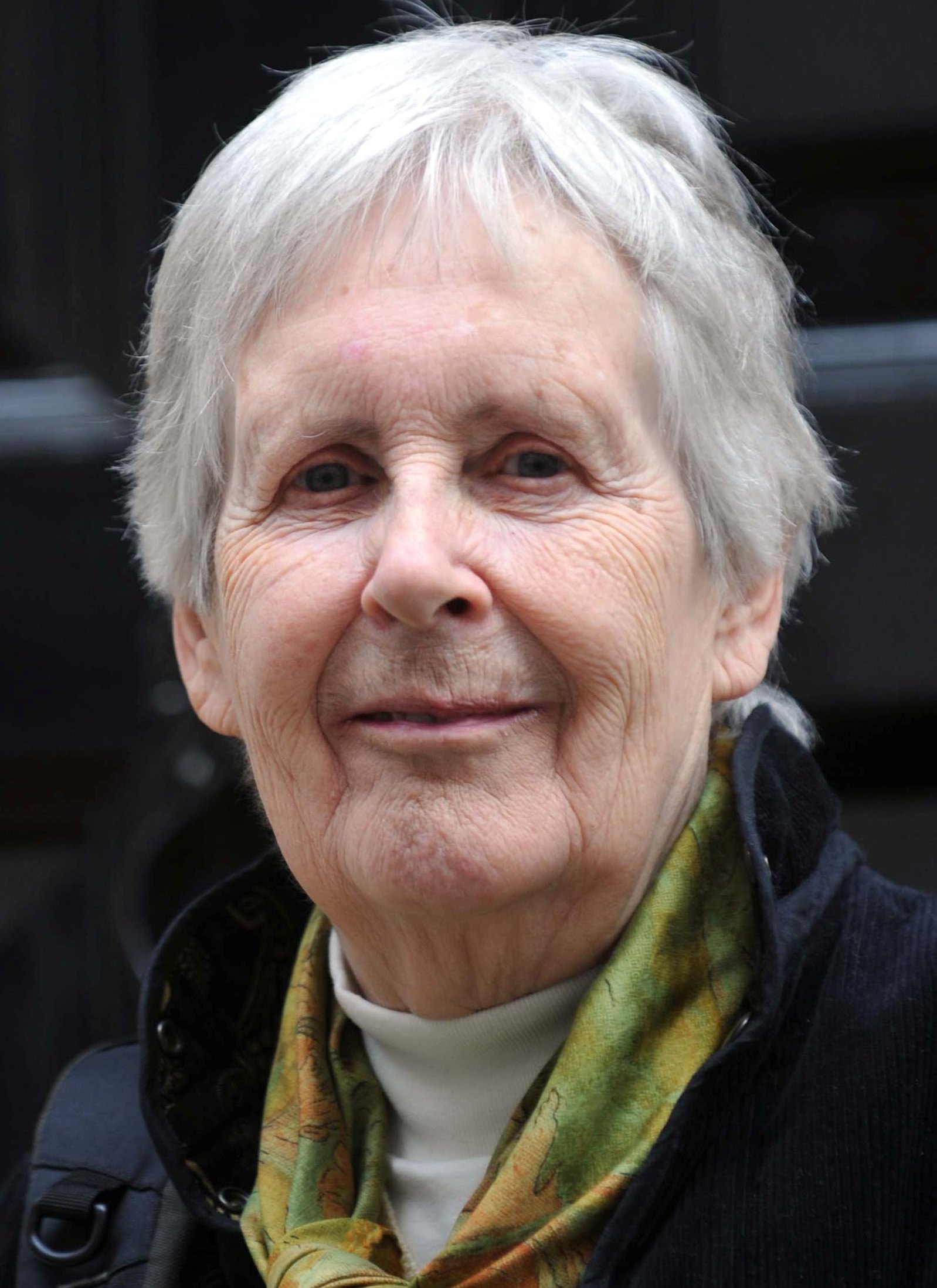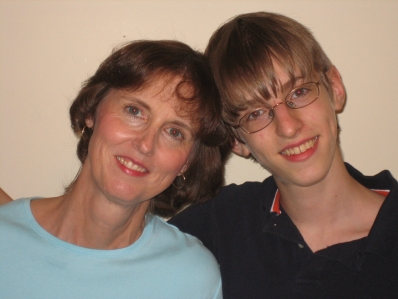Video clips from the new Animated Introduction to Asperger Syndrome DVD!
**Winner – International Animation Award, Edinburgh Mental Health & Arts Festival 2008** Created by pioneering science and youth arts project Biomation, An Animated Introduction to…
